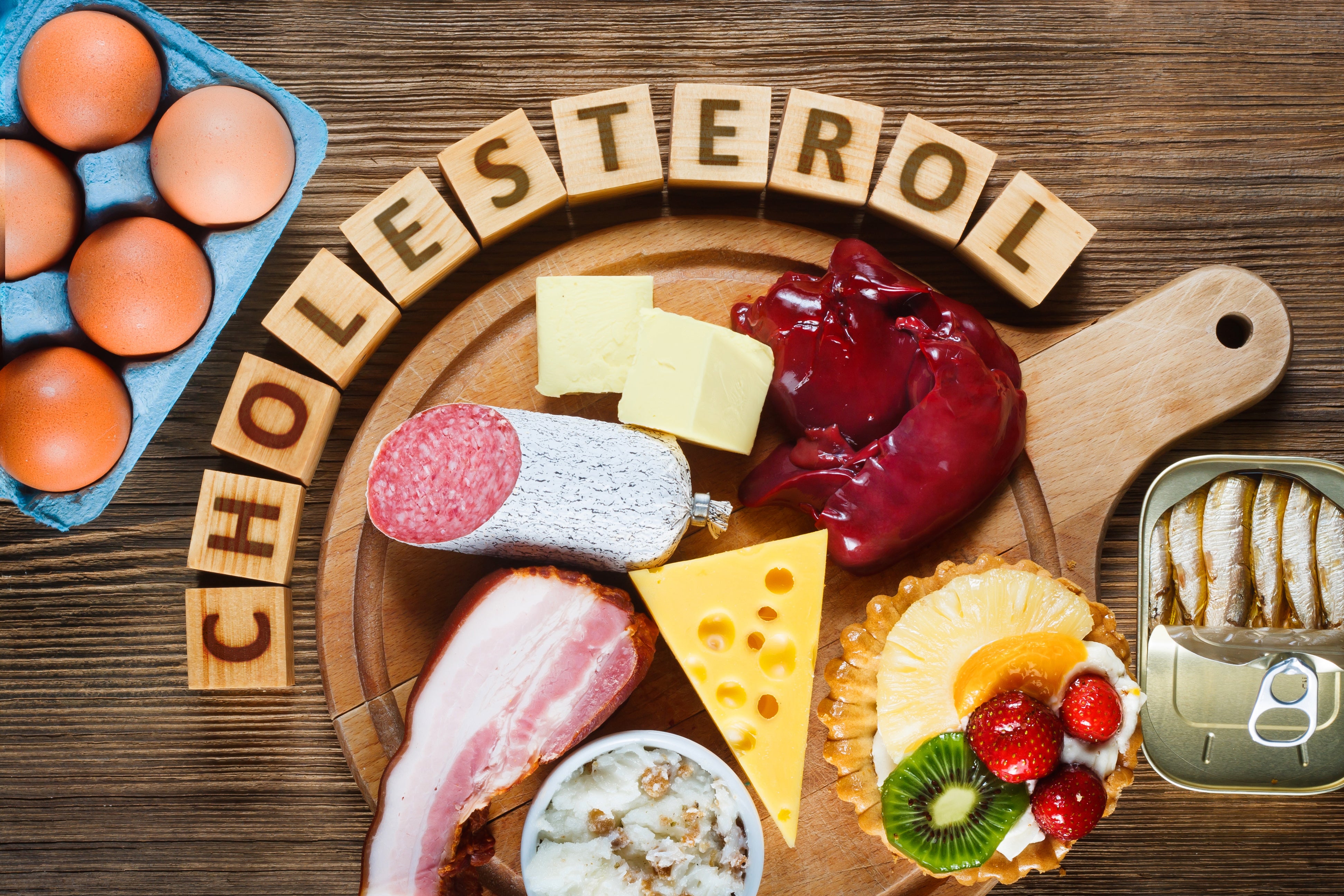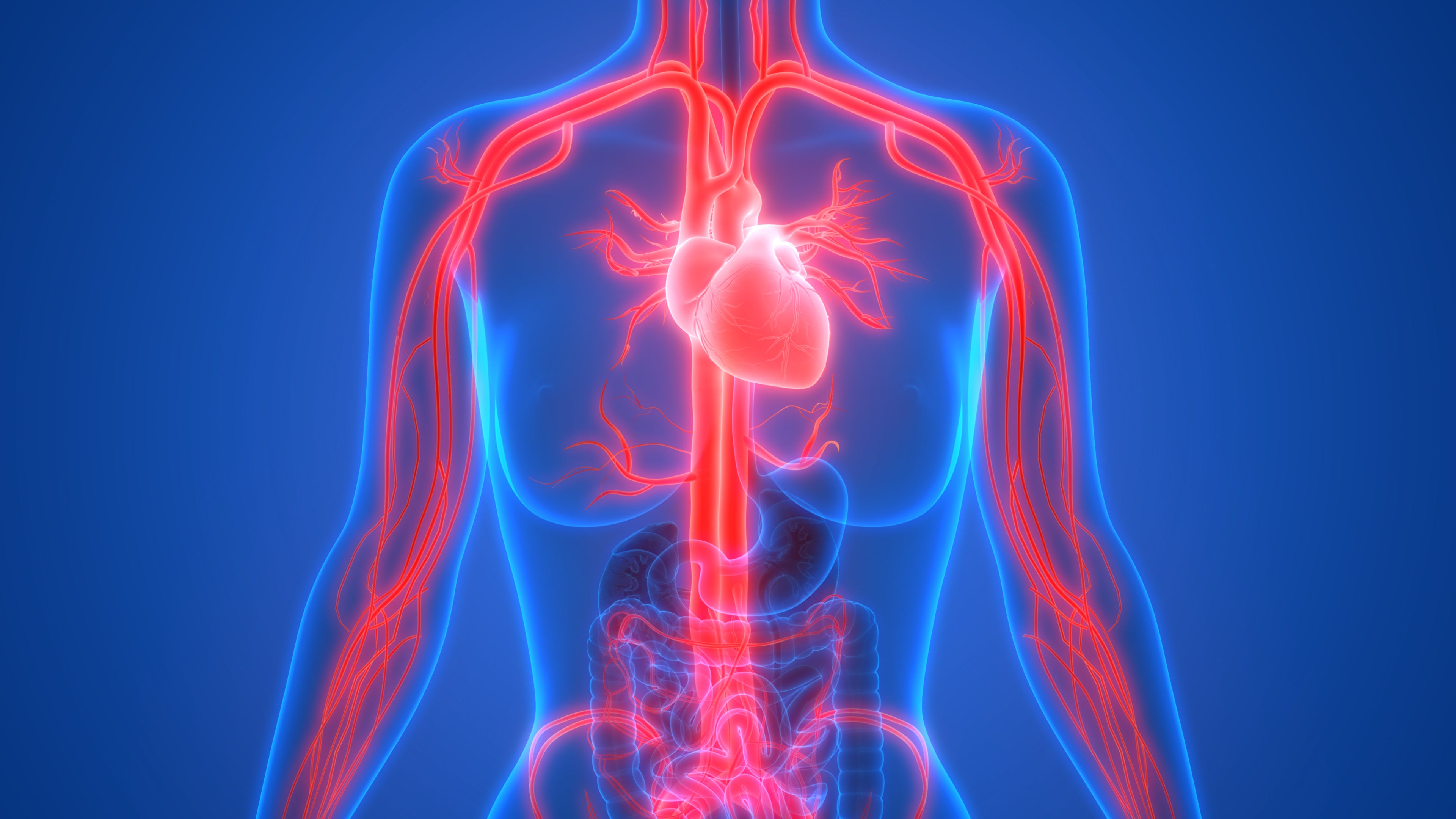If you ask most people about triglycerides, they will probably try to change the subject or not really have much to add. This is because most of us know that we should be concerned about triglycerides, but we aren’t very clear on what they are, much less on how to manage healthy triglyceride levels. If you are familiar with triglycerides, it likely means you are someone with elevated blood pressure and higher cholesterol levels.
Triglycerides are lipids found in your blood. Essentially, they are a type of fat. So, what does it mean when your triglycerides are high? A heightened level of triglycerides can increase your risk of heart disease.
That’s not something you want to ignore. This poses the question, what level of triglycerides is dangerous? For example, is a triglyceride level of 50 good? The Mayo Clinic gives the following triglyceride levels as defining what is considered in the high ranges:
- Borderline High: 150 to 199 mg/dL
- High: 200 to 499 mg/dL
- Very High: 500 mg/dL or above
A Note on Low Triglycerides

Fortunately, we don’t need to worry too much about low triglycerides. According to Healthline, there’s currently no stated range for low triglyceride levels. However, the authors note that while low-fat diets can lower triglyceride levels, fat is essential to your metabolism, and you should include at least some of the healthy kinds of fat, like that in fish, avocados, nuts, etc.
Are There High Triglycerides Symptoms?
Now you may be wondering, what are the symptoms of high triglycerides levels? Unfortunately, high triglycerides don’t usually come with noticeable symptoms. That’s why it’s important to see your primary care doctor regularly, as they usually will do routine blood work, including a cholesterol test or lipid panel, which reveals if you have high triglycerides.
If your doctor determines you do have high triglycerides, they will suggest some ways to manage them. Only in rare cases do very high triglyceride levels bring noticeable signs, caused by inflammation of the pancreas or pancreatitis, sudden and severe abdominal pain, and symptoms such as nausea, vomiting, and fever.
Causes of High Triglycerides

High triglycerides are listed as potential contributing factors to heart attacks, as they can accelerate the hardening of the arteries or thickening of the artery walls (arteriosclerosis). So, can stress cause high triglycerides? Yes, as noted by as noted by Medical News Today, studies show that long-term psychological stress, such as job-related stress, may lead to higher levels of triglycerides.
Some other causes of high triglycerides include:
- High blood sugar
- Excessive weight gain
- High-carbohydrate diet
- Drinking too much alcohol
- Smoking
How to Lower Triglycerides Naturally
While some medications can address elevated triglyceride levels, one of the easiest ways to lower them is through diet.
What are the best foods to eat to lower triglycerides? Here’s a list of some good foods to lower triglycerides:
- Fish, such as salmon, mackerel, sardines, tuna, herring, and halibut that are rich in omega-3’s
- Fiber-rich foods, including oats, flax meal, and beans
- Canola, sunflower, safflower, and olive oil, in place of animal fats
Of course, you will also want to know what foods to avoid if your triglycerides are high. What foods cause high triglycerides? Avoid eating these whenever you can:
- Refined carbohydrates (including sugar, most bread, and processed foods made with flour)
- Foods with fructose, especially high fructose corn syrup, and sugary drinks
- Starchy vegetables such as corn and peas
- Fatty meats, butter, and margarine
- Alcohol
If you don’t want to memorize what not to eat when you have high triglycerides, you may wish to learn what is included in a Mediterranean diet.
What Is the Best Treatment for High Triglycerides?

If your triglycerides are high, as indicated above, there are many foods to avoid and those to choose in their place.
The American Academy of Family Physicians (AAFP) describes a protocol for doctors to prescribe medicines such as statins and fibrates and prescription-strength niacin and fish oil supplements in extreme cases of high triglycerides.
However, in addition to smoking cessation and the addition of exercise, non-prescription supplements such as Healthy Dad Essentials Stack and Omega 3, can help lower triglyceride levels.
In particular, Revive’s Natural Lipid Supplement includes medically formulated ingredients that are backed by clinical research and carefully selected to help keep lipid values inside a healthy range.
Your lipid values include not just triglycerides, but cholesterol, high-density lipoprotein (HDL), and low-density lipoprotein (LDL) level as well. If you find yourself asking questions like, is a cholesterol level of 5.7 high? (yes), or knowing that you need to improve your HDL to LDL ratios, this is the formula to turn to.
The Effectiveness of Revive's Lipid Supplement
One of the ingredients that make Revive’s Lipid Supplement so effective is the 2 g. per serving of beta-sitosterol. Beta-sitosterol is a phytosterol found naturally in canola oil, avocados, and soybean oil, which prevents cholesterol from being absorbed by the body.
Also included is 1.5 g per serving of citrus bergamot. Research and study shows that bergamot improves triglyceride levels. The next two ingredients are 500 mg each of pantethine and artichoke extract. Pantethine has been shown to lower triglyceride levels in several clinical trials, as has artichoke extract.
Revive’s formula also contains resveratrol, a compound in red wine known to foster longevity, which also demonstrates an ability to control lipid levels. Finally, each serving contains 100 mg of bilberry fruit extract. Bilberry, high in polyphenols (plant-based micronutrients packed with antioxidants), has been shown to improve hyperlipidemia. Hyperlipidemia is the medical term for extremely high levels of lipids or fat particles, like cholesterol and triglycerides, in the blood.
When taken as suggested, Revive’s Lipid Supplement may be an effective way to manage blood lipids. It may be one of the easiest ways for you to:
- Achieve healthy cholesterol levels
- Maintain optimal HDL to LDL ratios
- Lower triglyceride levels
The information being presented in this blog is intended to be used as educational or resource information only. It is not intended to be a substitute for medical advice from your healthcare provider. This content should not be used for the diagnosis or treatment of any medical condition. If you have any questions or concerns about your health, please contact your healthcare provider. You should call 911 for all medical emergencies. Revive MD is not liable for any advice or information provided on this blog, which advice or information is provided on an “as-is” basis, and assumes no liability for diagnosis, treatment, decisions, or actions made in reliance upon any advice or information contained on this blog. No warranties, express or implied, are made on the information that is provided.





 Liver & Detox Support
Liver & Detox Support
 Gut & Digestive Health
Gut & Digestive Health
 Hormones, Stress & Metabolism
Hormones, Stress & Metabolism
 Sleep & Relaxation
Sleep & Relaxation
 Heart, Brain & Immune Health
Heart, Brain & Immune Health


